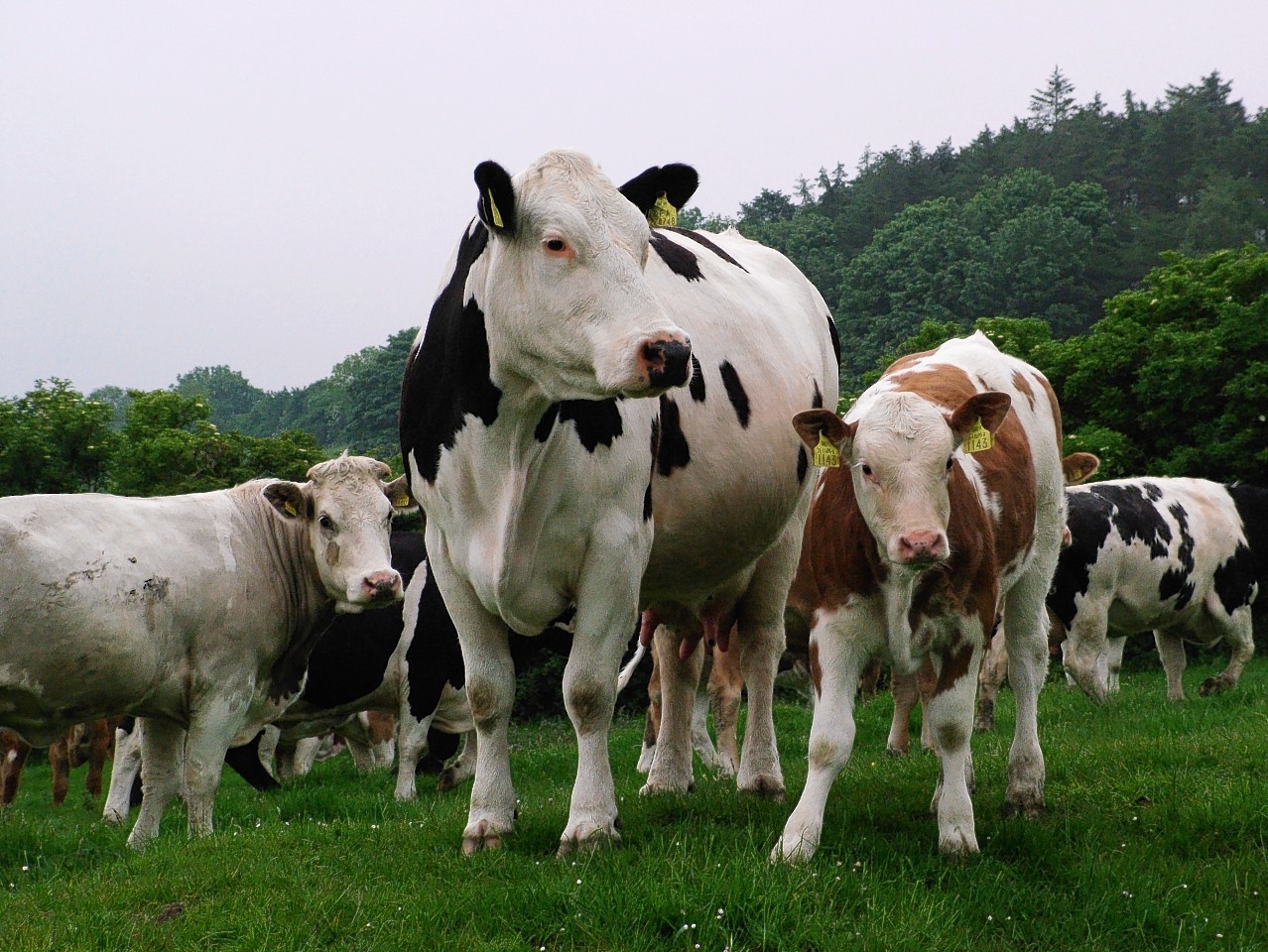Agricultural and veterinary researchers must not be afraid to discuss yield and livestock output with policymakers, claims the chief of one of Scotland’s leading farm research institutes.
According to the chief executive of the Moredun Research Institute in Penicuik – Professor Julie Fitzpatrick – researchers are often afraid to discuss yield, and instead focus their work on the welfare and environmental benefits of different farming systems and methods.
Speaking at the institute’s Christmas press briefing, Professor Fitzpatrick, said there was a lack of input from livestock and mixed farming experts on scientific committees discussing food security across the UK.
“This can meat that it is uphill work to explain the contribution livestock make to countries, regions, communities, and families,” said Professor Fitzpatrick.
“Words like ‘production’ and ‘efficiency’ are met with suspicion if not scorn in the context of livestock.”
More work was needed to ensure policymakers understood the benefits and value of livestock, rather than livestock products and science being seen as “coming from the bad guys”, she added.
“I always feel that I’m trying to defend that farmers should be part of the debates,” said Professor Fitzpatrick.
“Why do some people seem to find it difficult to see the numerous farmers in Scotland as key stakeholders in sustaining our food supply? If they [the farmers] fail, then it is very likely that imports of food will increase, with resulting environmental pressures on fragile ecosystmes in the countries of the origin of that food, of particular importance when we consider the welfare standards and their implementation in many countries worldwide.”
She called for Scottish agriculture to up its production targets and said the Moredun would work with industry to help deliver “sustainable intensification” in the sector.
“We need to up our suckler cow numbers to continue with the success of Scotch Beef,” added Professor Fitzpatrick.
